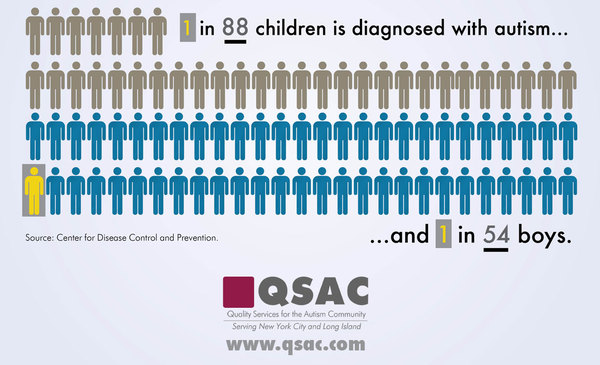April is Autism Awareness Month and we wanted to highlight an important developmental issues related to ASD (Autism Spectrum Disorder). For those living with ASD language and social development is often rightfully the focus of a therapy plan for any child. Depending on that plan, goals specifically devoted to improving speech intelligibility can be secondary. The difference between speech and language, however, is critical here. This post is dedicated to outlining what a parent might observe in their child’s speech articulation – in other words, how clear and understandable that speech is — and provide some guidance on how to improve speech articulation and therefore intelligibility.
First, it’s critical to understand that there is no one pattern of speech that would define ASD. Like the condition itself, speech intelligibility in autism can range from non-verbal to perfect intelligibility. The advice here is more relevant to those children who are currently pursuing the verbal route of communication. And while a child may currently need an assistive to communicate, this can change! I have seen this happen several times in my clinical practice. Second, I strongly feel that especially earlier on in the communication development of a child with ASD, the ability to communicate his or her needs and wants to promote academic and social success is paramount. However, at some point in the long-term plan, misarticulated speech should become a strong priority.
So when speech articulation does indeed become a priority in your child’s overall therapy plan, one excellent place to start is the well-established developmental norms of mastering certain sounds. Target the sounds that kids tend to master earlier in childhood because these also tend to be simpler to say from the standpoint of what the mouth needs to do to say the sounds correctly. Also, keep in mind that when your child is learning a new sound (e.g. the L sound), he or she may be able to say the sound perfectly in words and in short sentences but that clarity may break down in longer sentences or conversation. That is completely normal. As each sound becomes mastered in conversation, make sure you’re providing positive feedback so your child always feels encouraged. While the long term goal is perfectly articulated speech, the shorter term goal may be for your child to be more consistently understood by peers and adults. For example, your child might say “lip” perfectly in conversations, but say “kwip” or when trying to say “clip”.
In terms of what therapy approaches should be used, this should generally also be taken with greater consideration in kids with ASD. A variety of approaches should be employed and each be given their due. For example, one child may make considerable progress with more traditional approaches to articulation therapy, as I like to call it, “talk therapy.” Another child may benefit from a more phonological approach to therapy while another may do best with a tactile method like Speech Buddies Tools. I have found that it is especially true with children with ASD to use a variety of approaches and not be afraid to cycle through these various approaches. Talk to your speech therapist about the current and future plan and be proactive in staying abreast of your child’s plan.
In many autistic kids’ therapy programs, language and social use of language (i.e. pragmatics) are emphasized. This is usually the correct course of action. However as your child’s language blossoms, when the time is right, talk to your speech therapist about a strong shift toward working on speech articulation in your autistic child. As speech clarity improves, so does his or her capacity to be understood by communication partners. This in turn motivates a child who may have deeply struggled with communication to initiate exchanges more frequently; in essence, it is a positive feedback loop that can make an enormous difference on your child’s academic and social life.
If your child is on the autism spectrum (or you suspect he might be), and you have not yet found a specialist, please consider working with a local speech therapist to address his speech and language challenges. Speech Buddies Connect is a great resource to find a certified professionals in your area and if you are in Brooklyn or NYC, you can book an initial appointment for only $25.
Image credit: Seattle Children’s Hospital


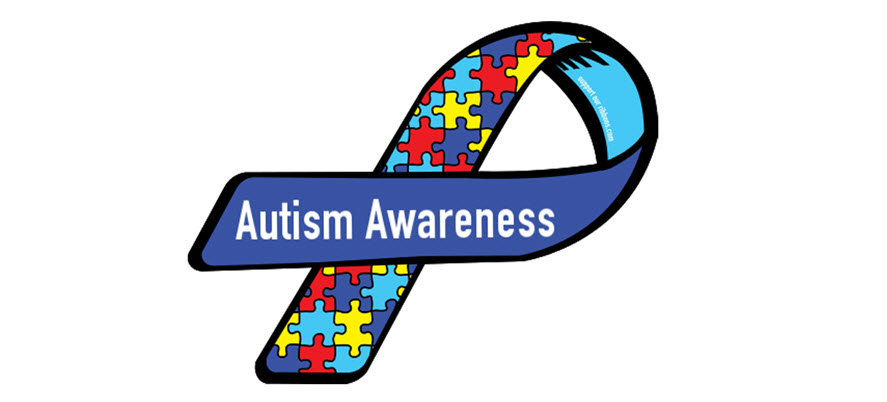
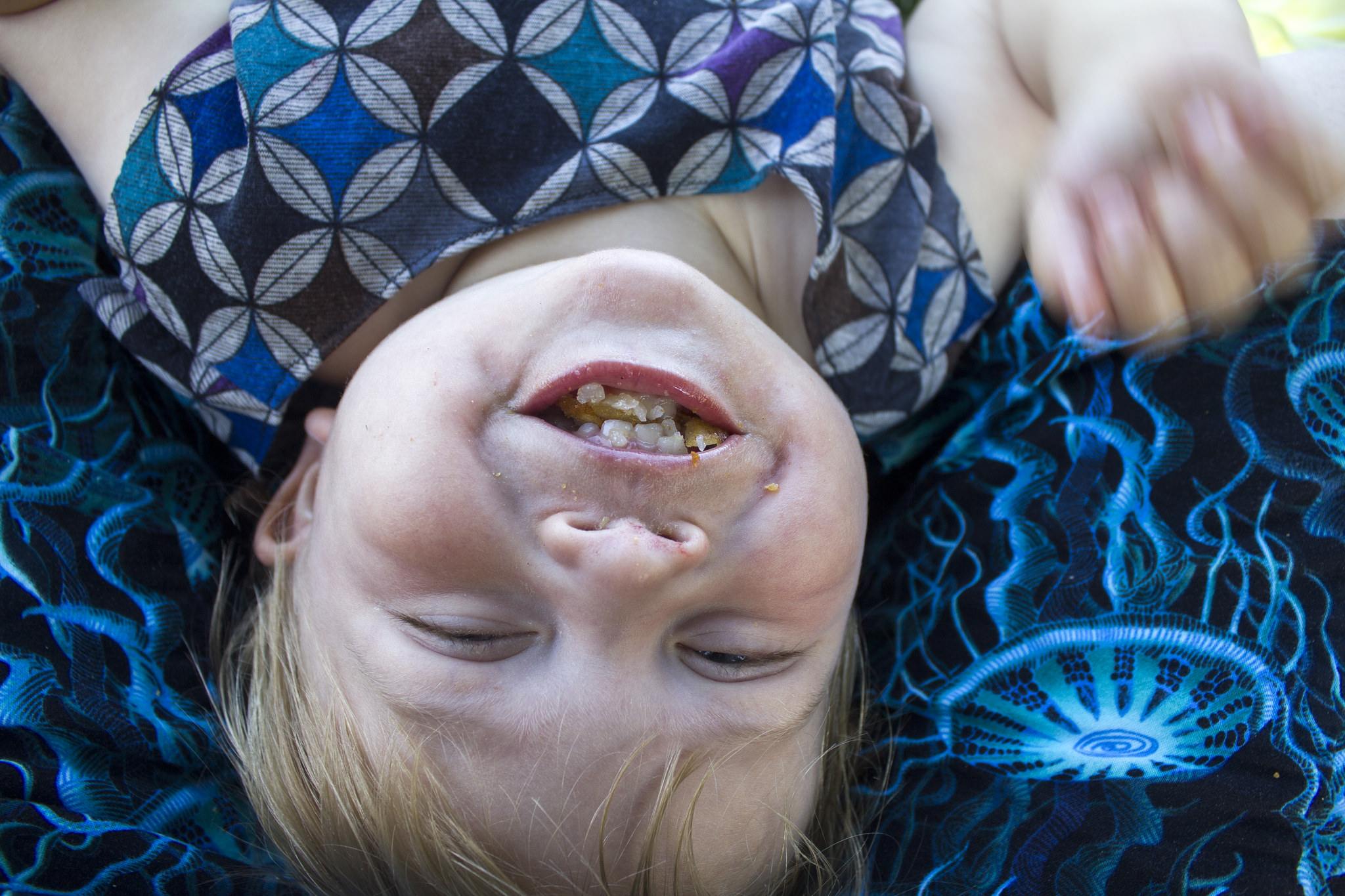

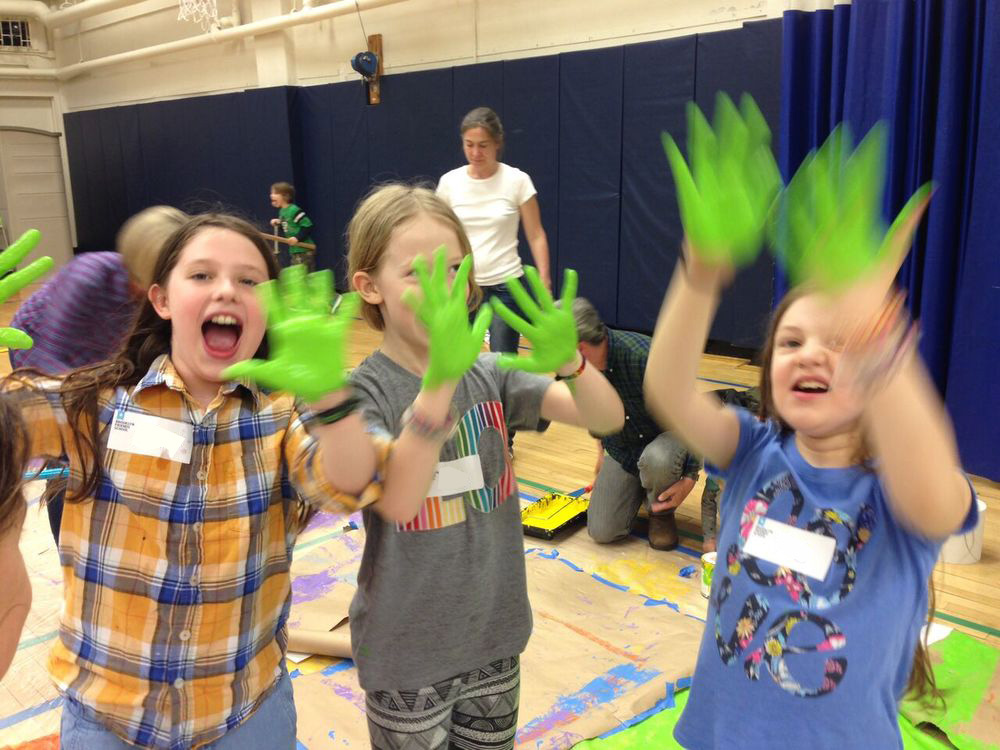
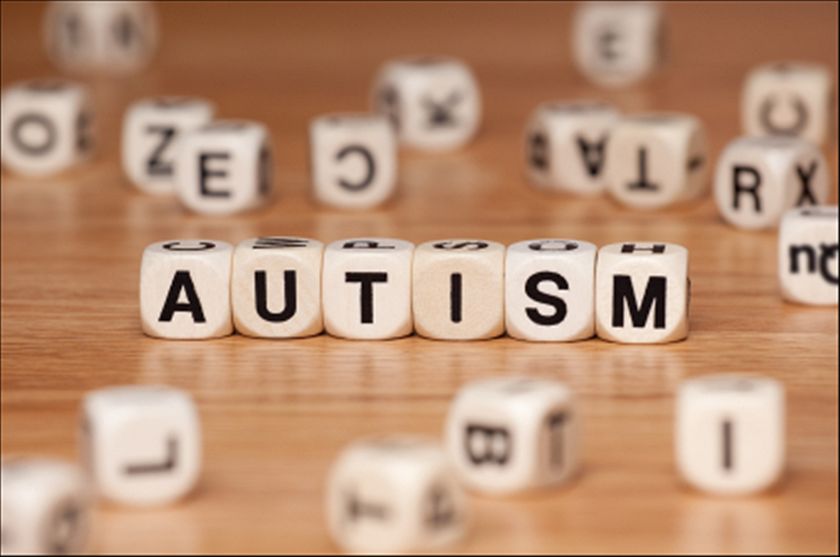
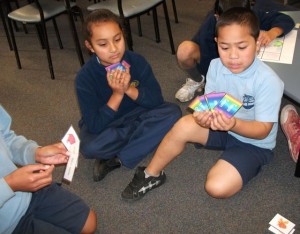


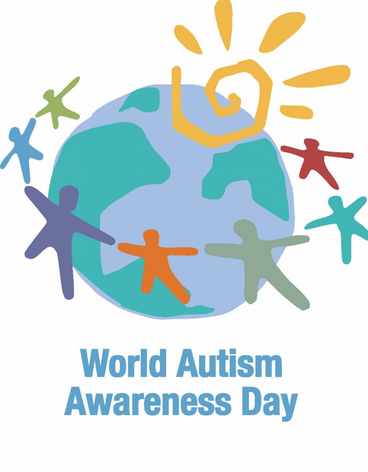 In the spirit of World Autism Awareness Day today, we are doing our part to help shed some light on autism by wearing
In the spirit of World Autism Awareness Day today, we are doing our part to help shed some light on autism by wearing 